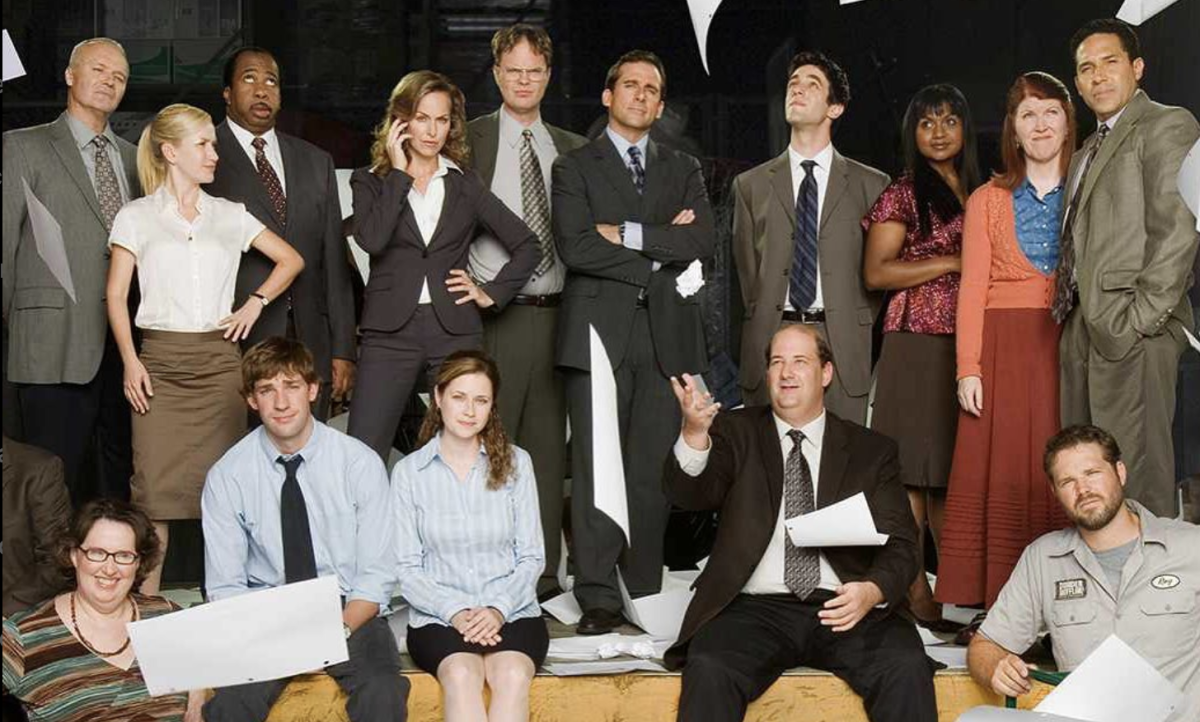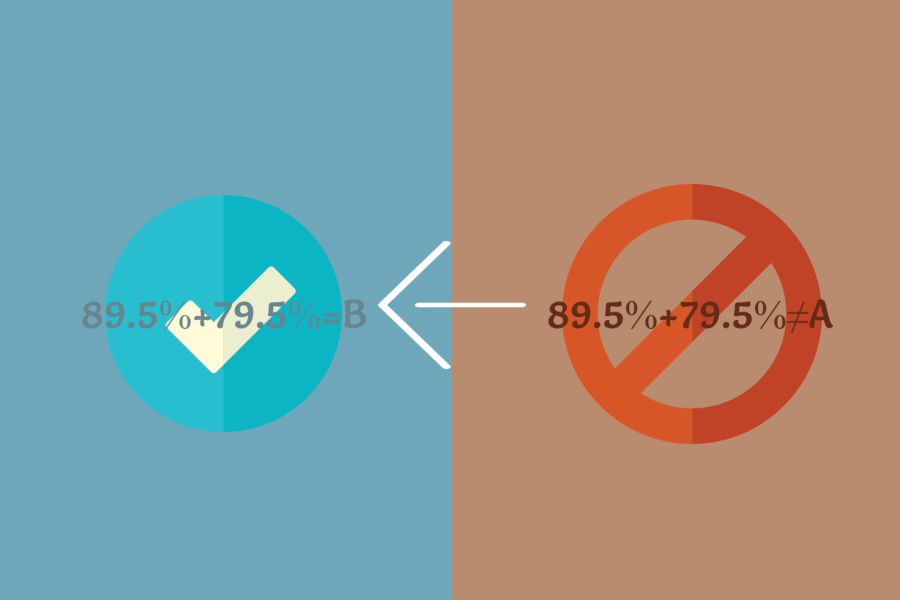You take out your phone, open Snapchat and take a quick selfie. You scroll through the various filters. Your finger pauses on a filter—you’ve never seen this one before. At the top of the photo, there’s a warning symbol reading “this message will disappear—just like Hillary Clinton’s emails.” This isn’t a hack, but rather one of the many damaging new ways Snapchat is trying to capitalize on its existing success.

Snapchat recently added photo modification tools, including photo filters, geotags and selfie lenses, which help users make sending and receiving photos more fun. Snapchat has also started accepting paid advertisements from outside companies—notably geofilters offered by political groups—as well as in-app purchases that encourage users to pay to ‘replay’ pictures or access certain lenses, which modify a user’s selfie by changing their face.
To keep the app fun for users, Snapchat should stop offering paid services and sponsored content.
By focusing on making money and appealing to advertisers, Snapchat loses some of its original appeal. Despite the ability to screenshot photos, many originally used Snapchat because the temporary snaps were only available for a few short seconds, which prevented most embarrassing photos from being permanently stored on the Internet or a phone’s hard drive. But the new ability to pay for replays takes away some of this mystique, and now Snapchats can be replayed multiple times, further destroying the security of any photos sent.
Similarly, Snapchat introduced lenses in September, giving users a wide variety of ways to modify their face, from becoming a lumberjack to a mouse. Now, a lens store has been introduced, which allows users to purchase some of Snapchat’s most popular lenses for the convenient price of 99¢. Although seven free filters are still available for users that once enjoyed using them, these new paid ones are irritating and serve as an inconvenience since they are only available at a cost.
While this may seem trivial, charging for a once-free feature takes away from the original carefree nature of Snapchat. The lens store trades off the once fun selfie filters for a new irritating service in which users either can’t access or accidentally purchase their favorite lens.
Aside from in-app purchases, Snapchat began partnering with political groups to offer sponsored geotags. Earlier this year, the app had both an anti-Benghazi filter sponsored by the conservative foundation Judicial Watch and a filter paid for by conservative group Secure America Now criticizing the Iran deal.
These political filters are unnecessary and force political beliefs on users. Although they are not immediately placed, each user has to scroll through the biased filters. So far, every political filter offered has been sponsored by a conservative group, making it especially annoying to anyone who doesn’t align themselves with a certain set of ideals. Snapchat should completely remove any political filters or at least allow users to ‘turn off’ individual political filters they don’t necessarily agree with after viewing them once.
Admittedly, filters celebrating political or important events, like former Speaker of House John Boehner’s resignation or the Pope’s visit, are an easy way for users to participate in current events. But these sponsored political filters don’t give Snapchatters the ability to input their own opinion.
Although most social media sites offer advertisements, Snapchat is currently the only major social media service which offers multiple paid services, and for good reason: social media is supposed to be a way to connect with your friends and find out information about your peers, not feel constantly surrounded by paid services.
Politically-targeted ads and paid services prevent users from truly enjoying the service. Snapchat, like any other social media service, should serve as an independent third-party to any controversial ideas. Until Snapchat removes some of the paid services, users may never enjoy becoming a lumberjack or filtering their latest selfie again.










OK Ok ok • Dec 3, 2015 at 7:57 am
Ever heard of capitalism?